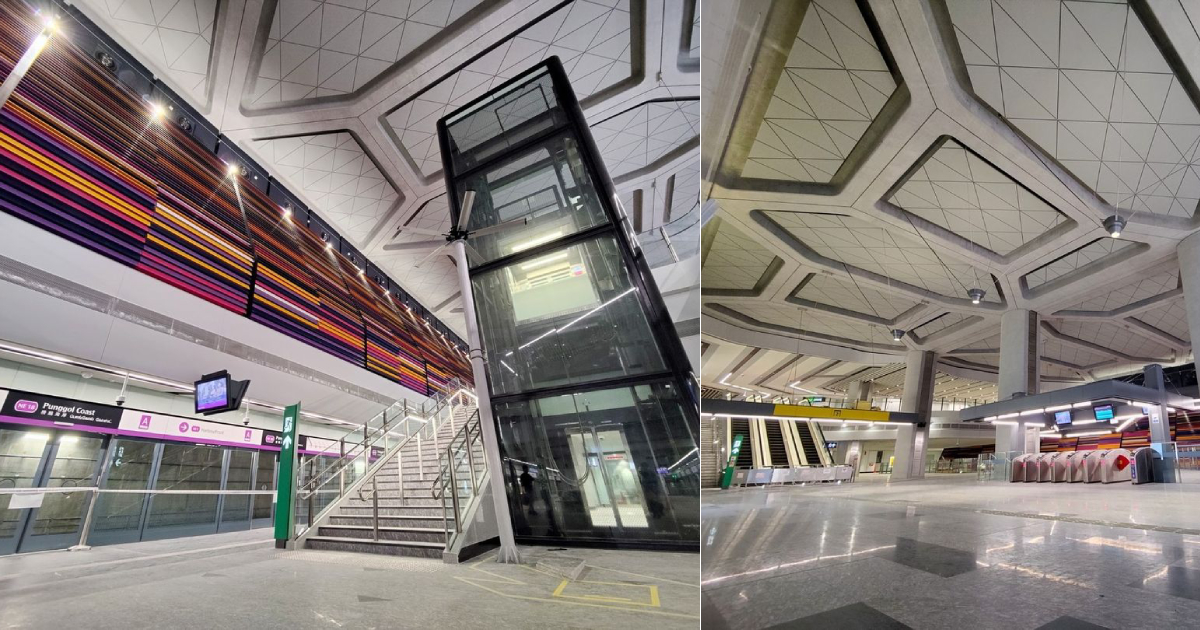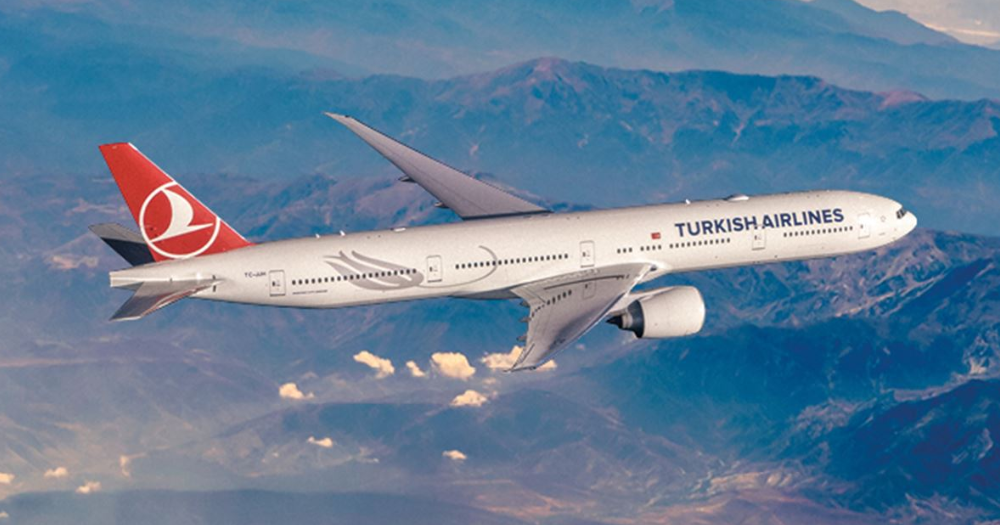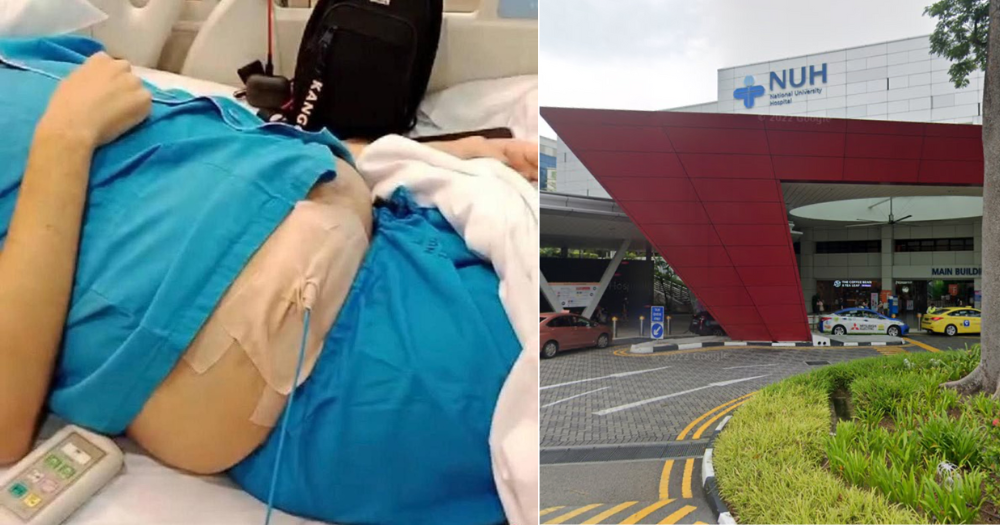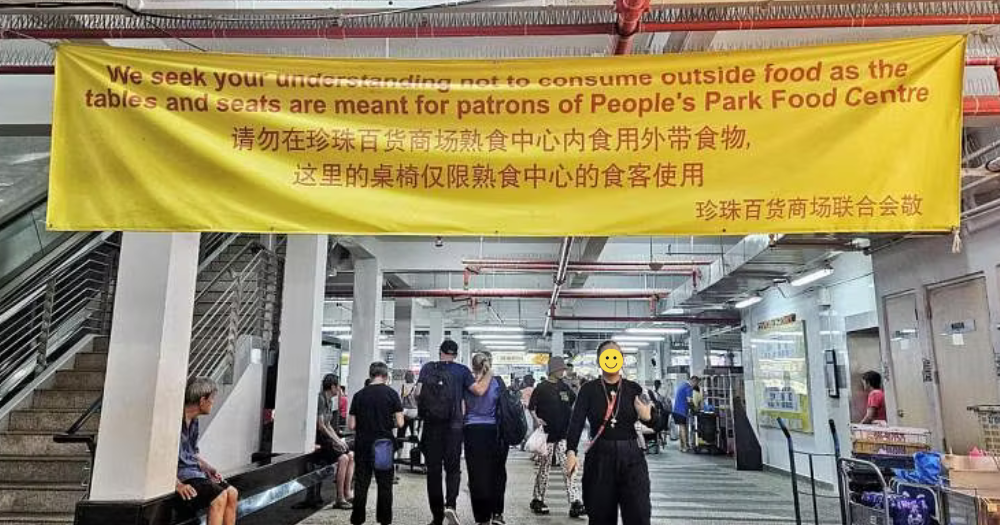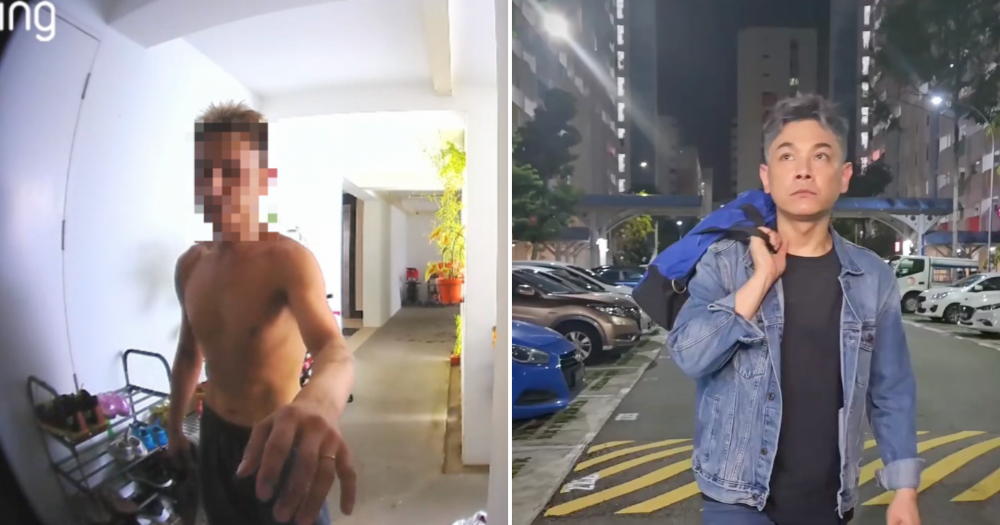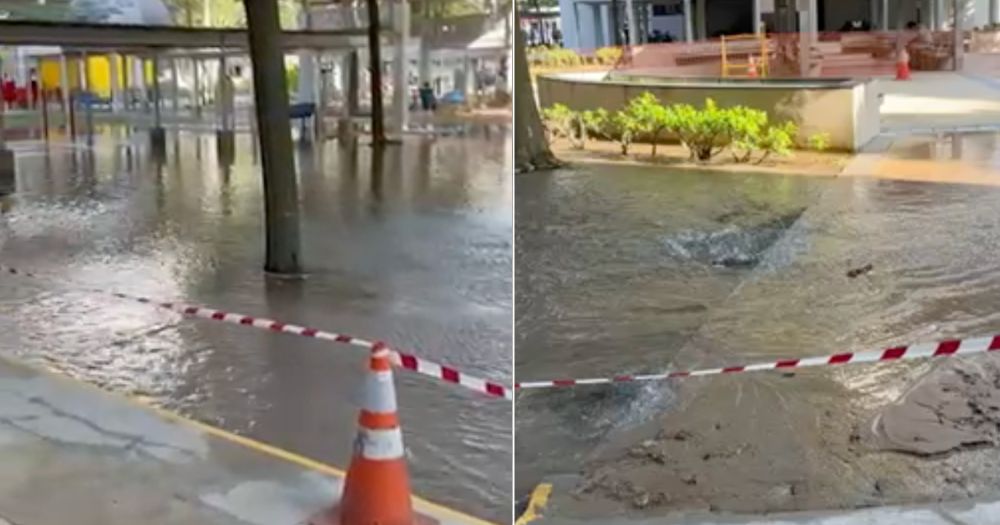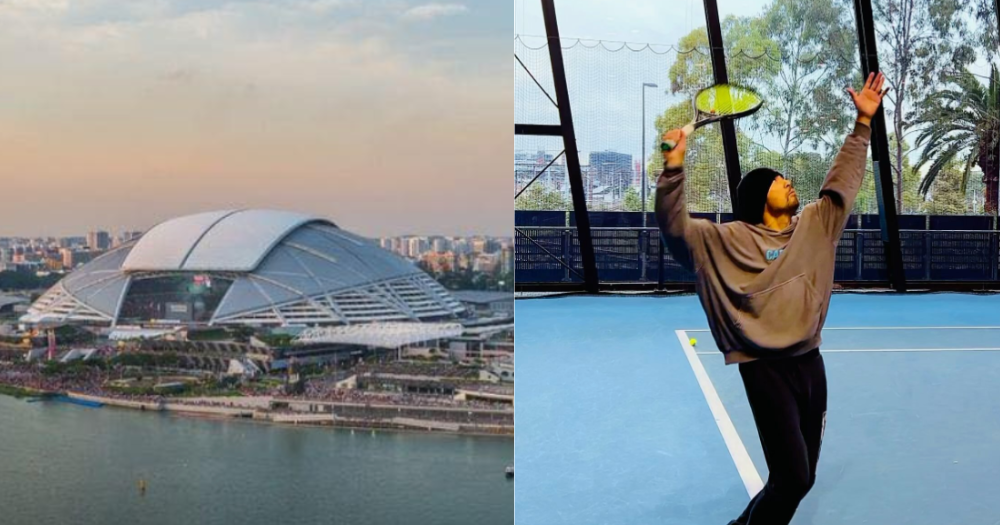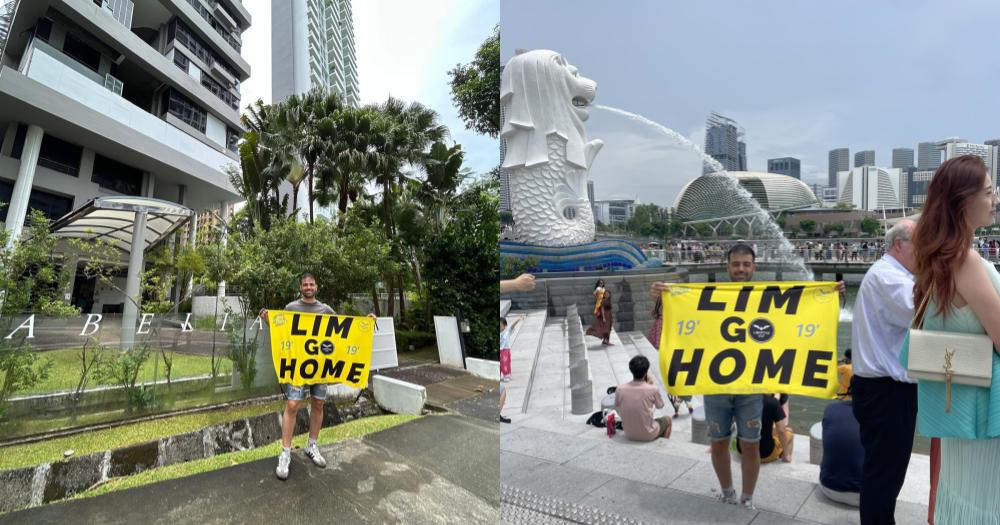ADVERTISEMENT
Mpox screening to be done at S'pore land & sea checkpoints for travellers arriving from affected areas: MOH
No cases of the more severe mpox Clade I virus have been detected in Singapore to date.
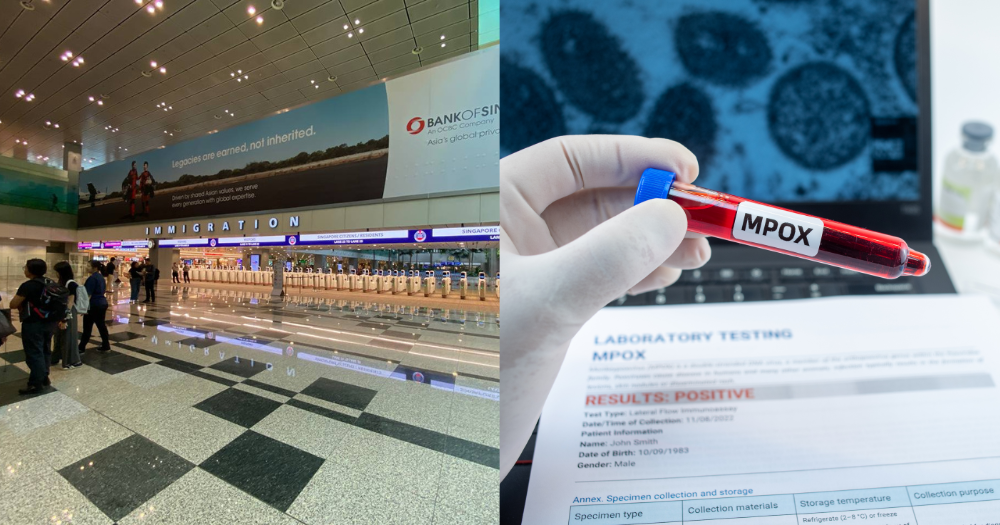
Temperature and visual screening will be conducted on inbound travellers and crew arriving on flights from places where they may have been exposed to mpox Clade I outbreaks.
This will be done at Changi and Seletar airports.
Similar screening measures are also implemented at sea checkpoints for crew and passengers arriving on ships from mpox-affected areas.
This was announced during a Ministry of Health (MOH) press conference on Sep. 4.
Minister for Health Ong Ye Kung strongly encouraged those travelling to take necessary health cautions amid the ongoing mpox outbreak.
Outbreak remains generally confined to Africa
Mpox, formerly known as monkeypox, is a viral disease that is caused by two distinct clades of the monkeypox virus (MPXV), known as Clade I and II, said MOH.
The most common symptoms of the disease are blister-like rashes and fever, where serious complications or death can occur in medically vulnerable individuals.
In response to a query by Mothership on whether there is a list of mpox-affected countries that Singaporeans should avoid visiting, Ong said the characteristics of the disease don't require that.
However, he strongly encouraged those travelling to take necessary health precautions, to avoid touching too many things, and to wear a mask in crowded areas.
"Thus far, the outbreak remains generally confined to Africa, with two cases of the more severe pox Clade I reported in Sweden and Thailand," said MOH, adding there are currently no reports of local spread in these two countries.
As of Sep. 3, Singapore has 14 confirmed cases of mpox, all of which are of the less severe Clade II infections.
No cases of the more severe mpox Clade I have been detected in Singapore to date.
Risk of Clade I importation to Singapore low: MOH
The risk of Clade I importation into Singapore from African countries is low as there are no direct flights between Singapore and any mpox outbreak country, MOH said.
However, risk may increase with the expansion of the outbreak and Singapore needs to be prepared for potential Clade I importation in the coming months.
"Singapore's healthcare system continues to be in a state of readiness from the 2022 clade II epidemic," MOH said, adding the ministry continues to monitor the global mpox situation closely and better data on the disease characteristics will likely emerge in the coming months.
All travellers are required to report mpox-related symptoms and travel history upon arrival in Singapore, MOH added.
Travellers with mpox-related symptoms, such as fever and rash, will be assessed by doctors at the borders and referred to hospitals for further assessment and testing if necessary.
Health advisories have also been put in place at air checkpoints, and travellers are strongly advised to adhere to the advisory, especially if they are travelling to and from affected countries.
What is mpox?
Mpox was declared a "public health emergency" by the World Health Organisation (WHO) on Aug. 18, after more than 15,600 cases and 537 deaths were reported in the Democratic Republic of the Congo (DRC) this year.
In the past month, over 100 laboratory-confirmed cases of the virus were detected in Burundi, Kenya, Rwanda, and Uganda.
The disease was primarily reported in parts of Central (Clade I) and West Africa (Clade II) before 2022, with almost all cases occurring outside of Africa being linked to international travel to endemic regions or through imported animals.
Top photos via Tharun Suresh and Canva
ADVERTISEMENT
ADVERTISEMENT
MORE STORIES











